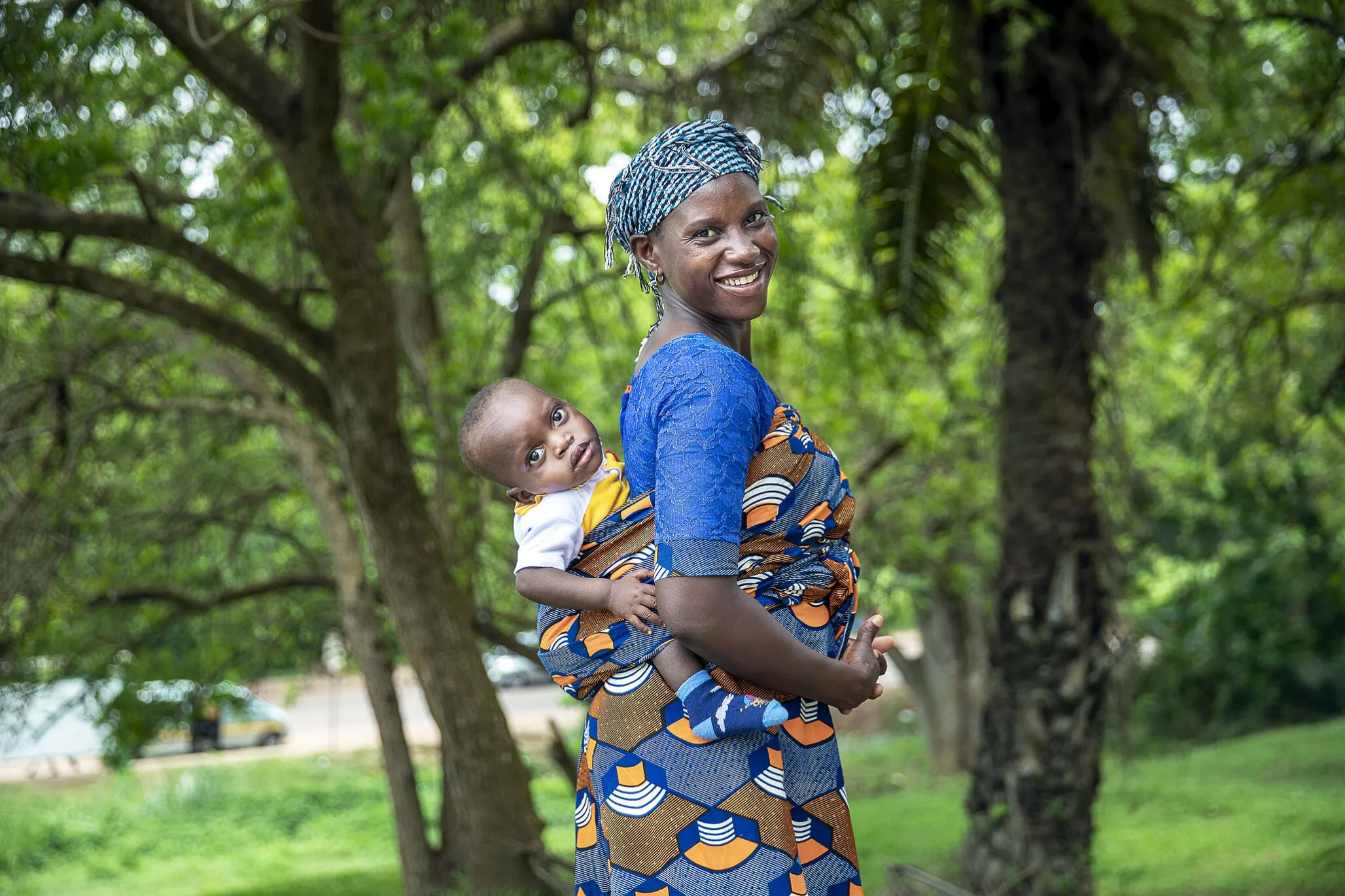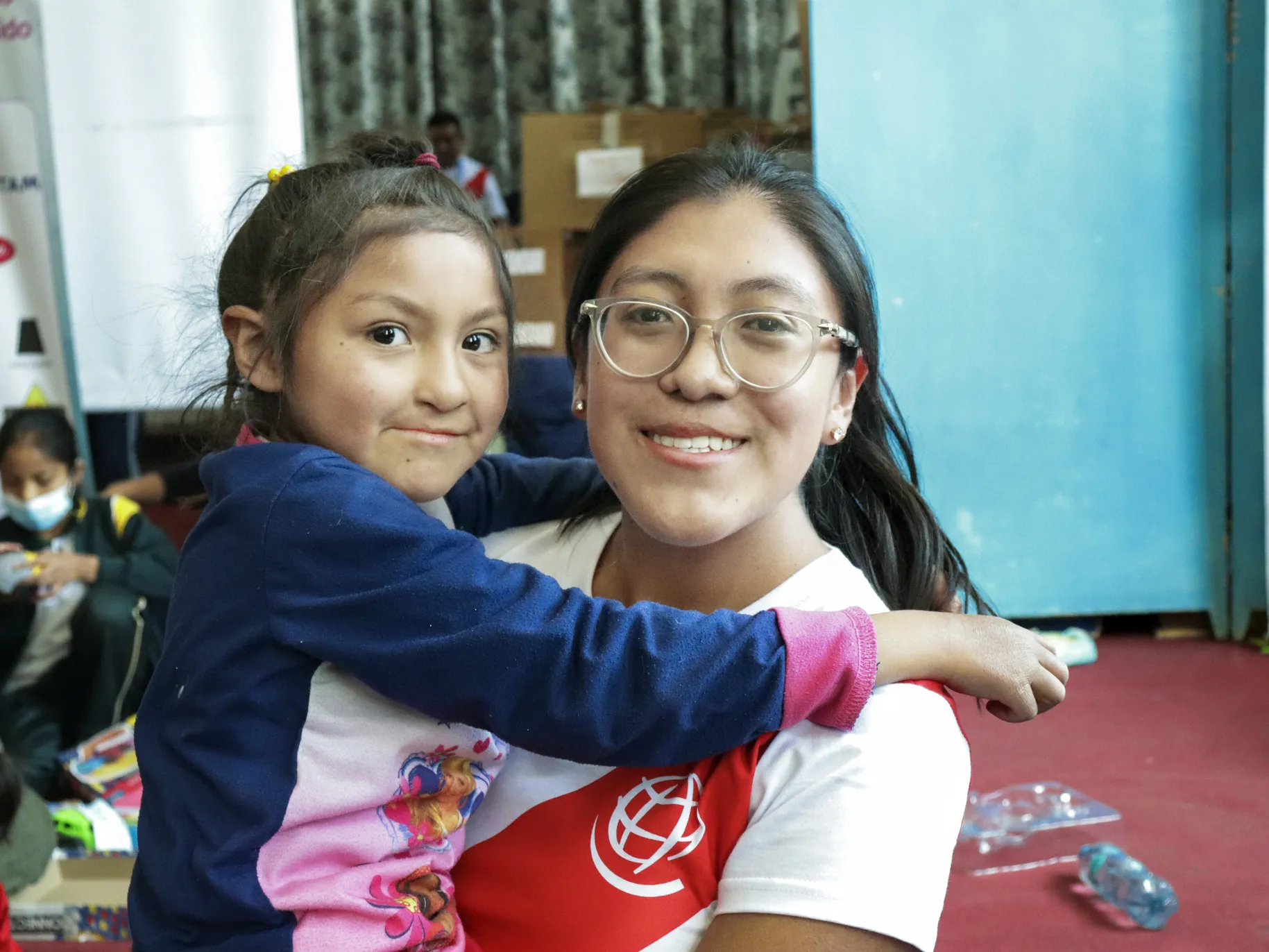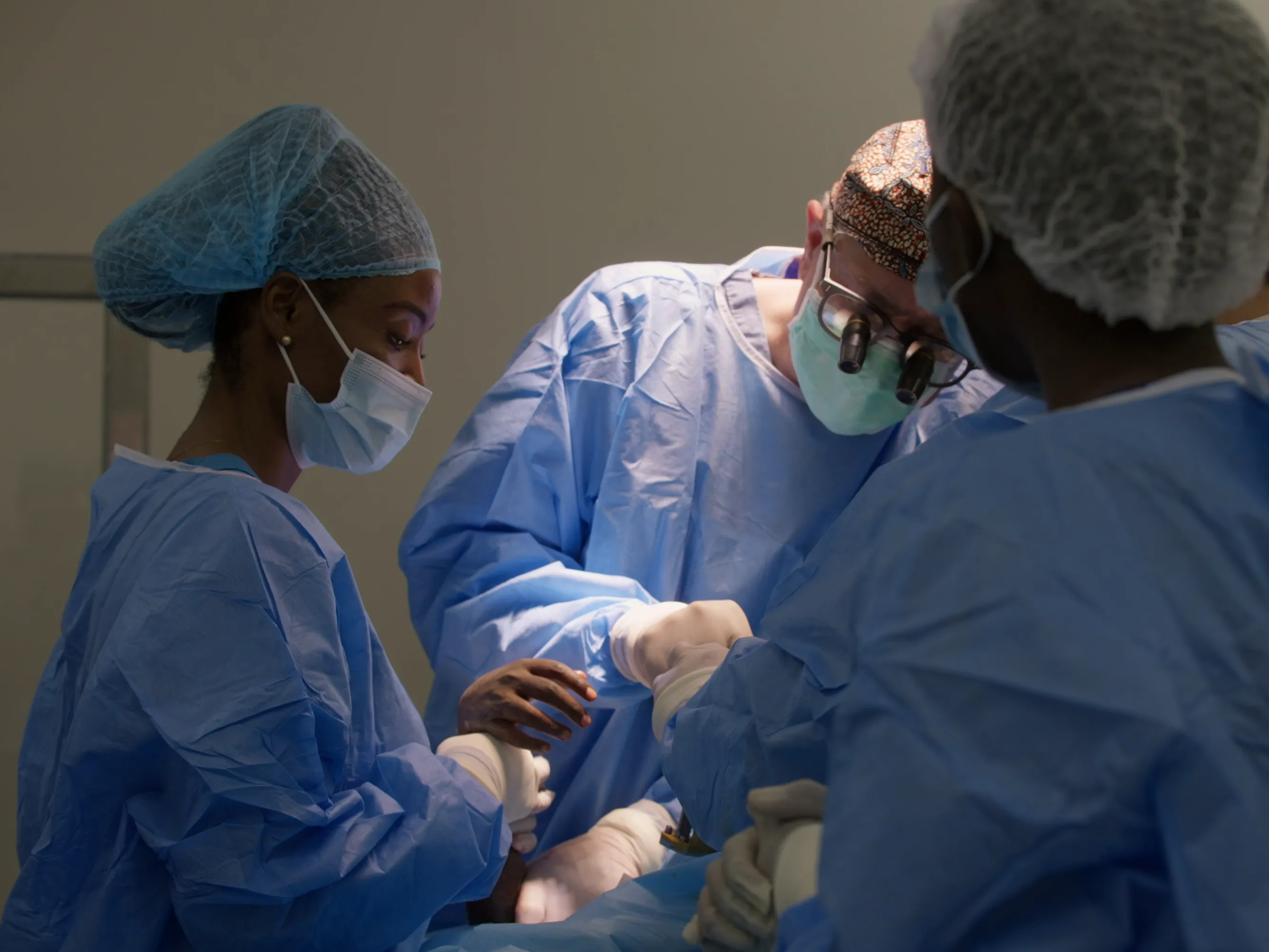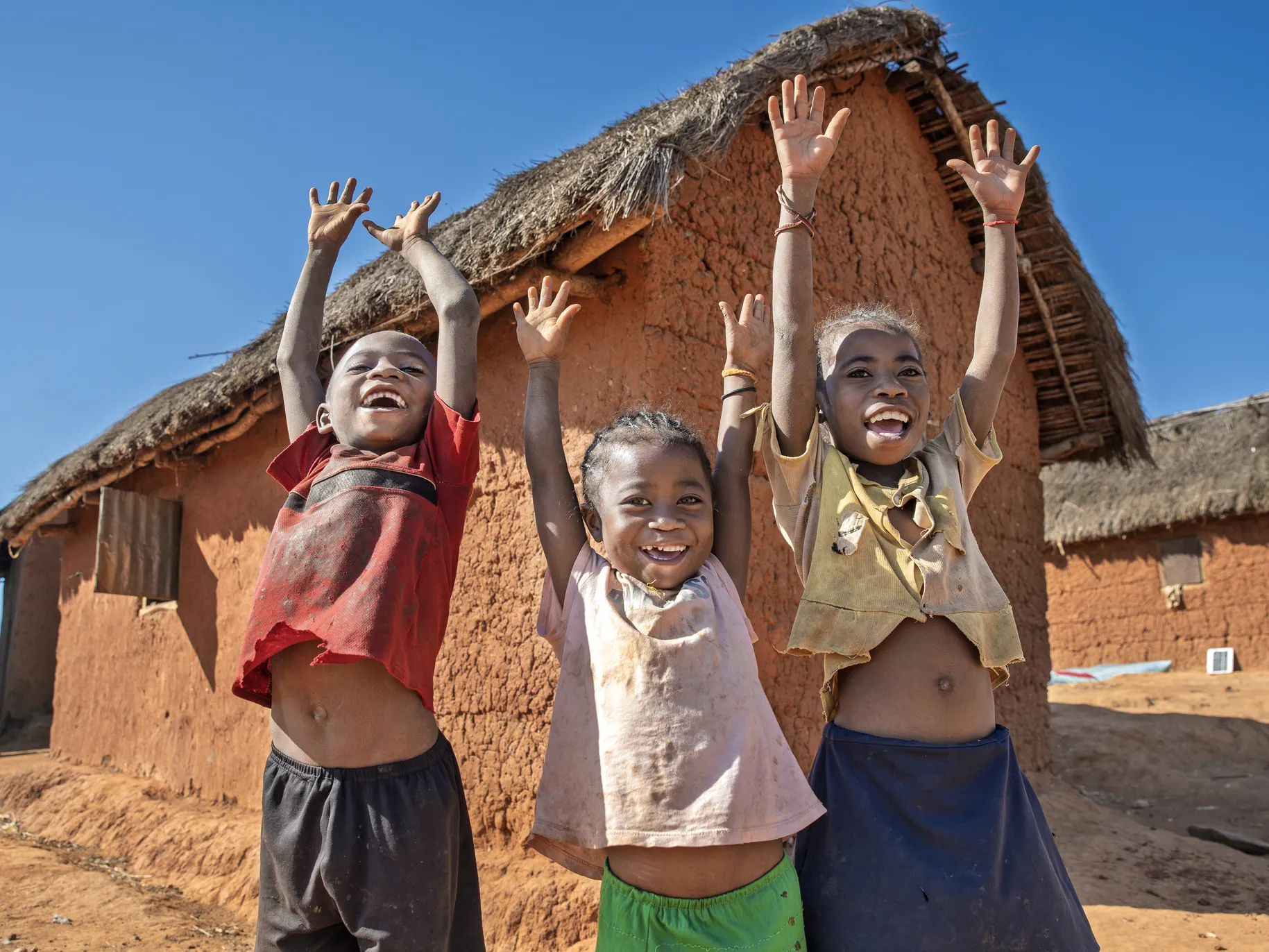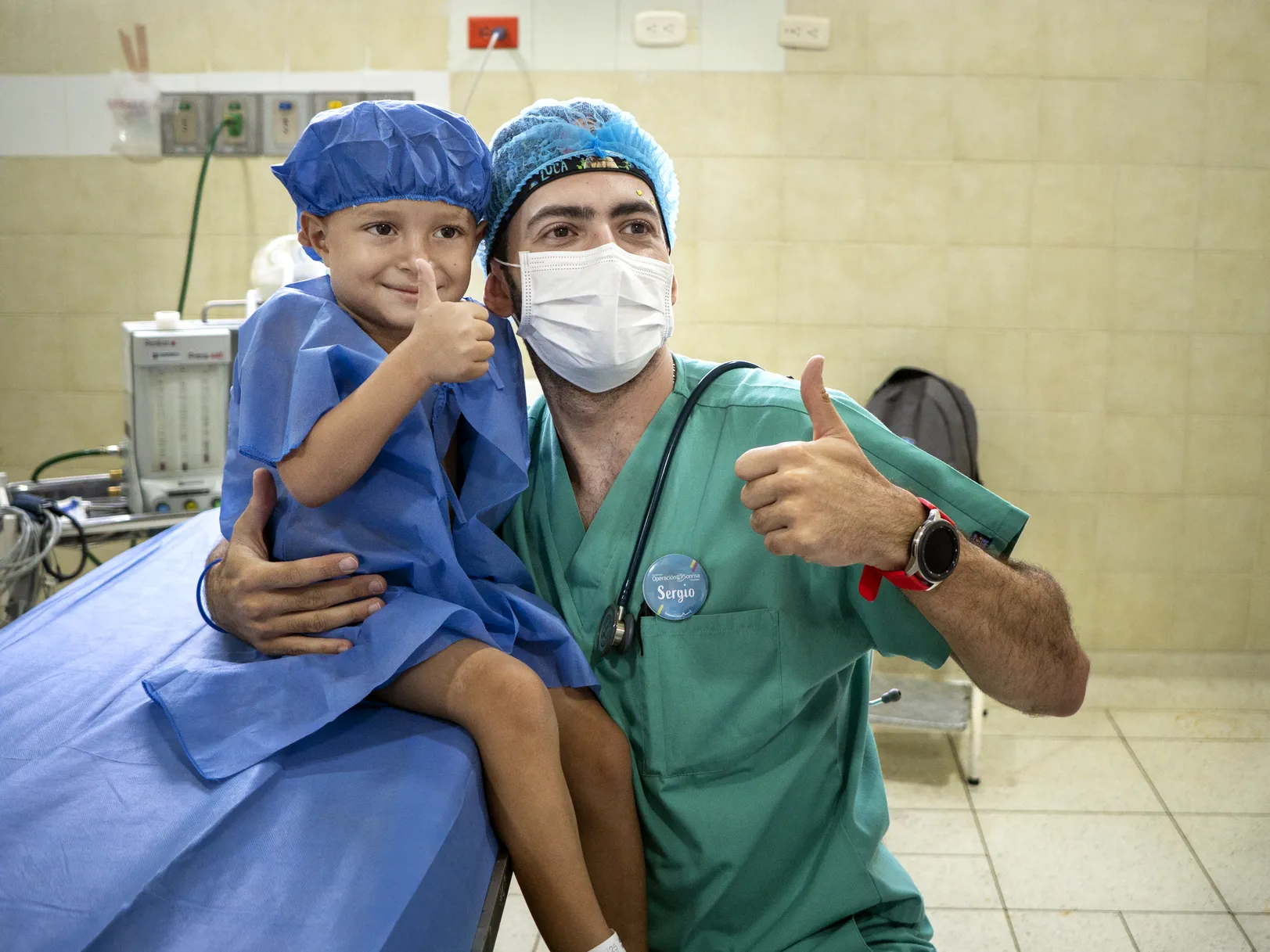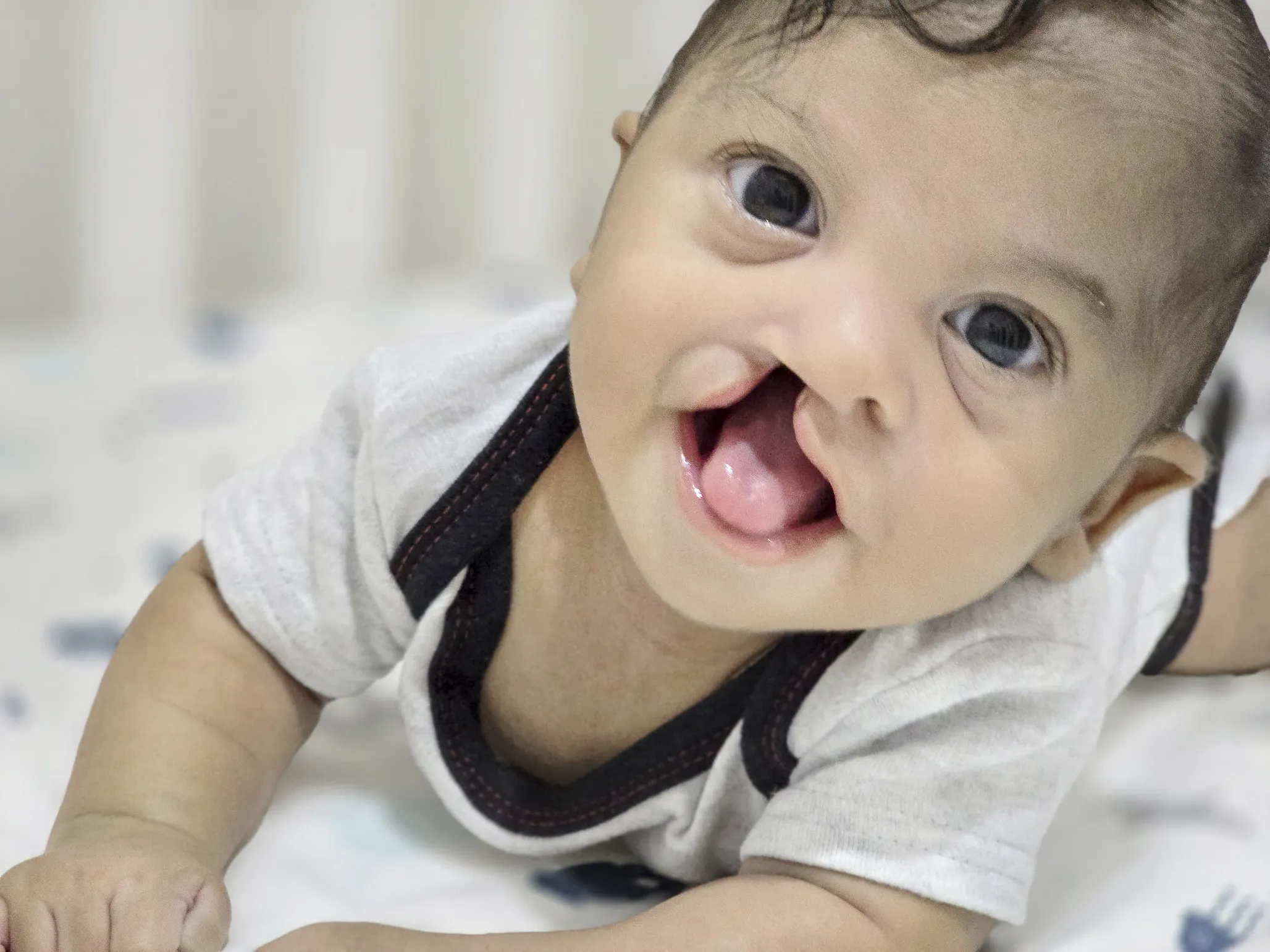Patients
Overcoming Nutritional Barriers to Surgery in Ghana
For patients like Jocelyn, widespread poverty affecting areas across Ghana presents challenges and a host of barriers that stand between them and a brighter future after surgery. Some of these barriers can also be the difference between life and death.
Malnutrition remains one of the most significant obstacles to receiving care, affecting children with cleft conditions, especially babies with cleft palate, in the early developmental stages of their lives.
Without timely medical intervention, patients confront challenges with breastfeeding, struggle to receive proper nourishment when it’s most critical and become more susceptible to infections and diseases.
“Challenges people in Ghana are facing: no access to nutritious foods, foods are too expensive,” said volunteer nutritionist Dede Kwadjo.
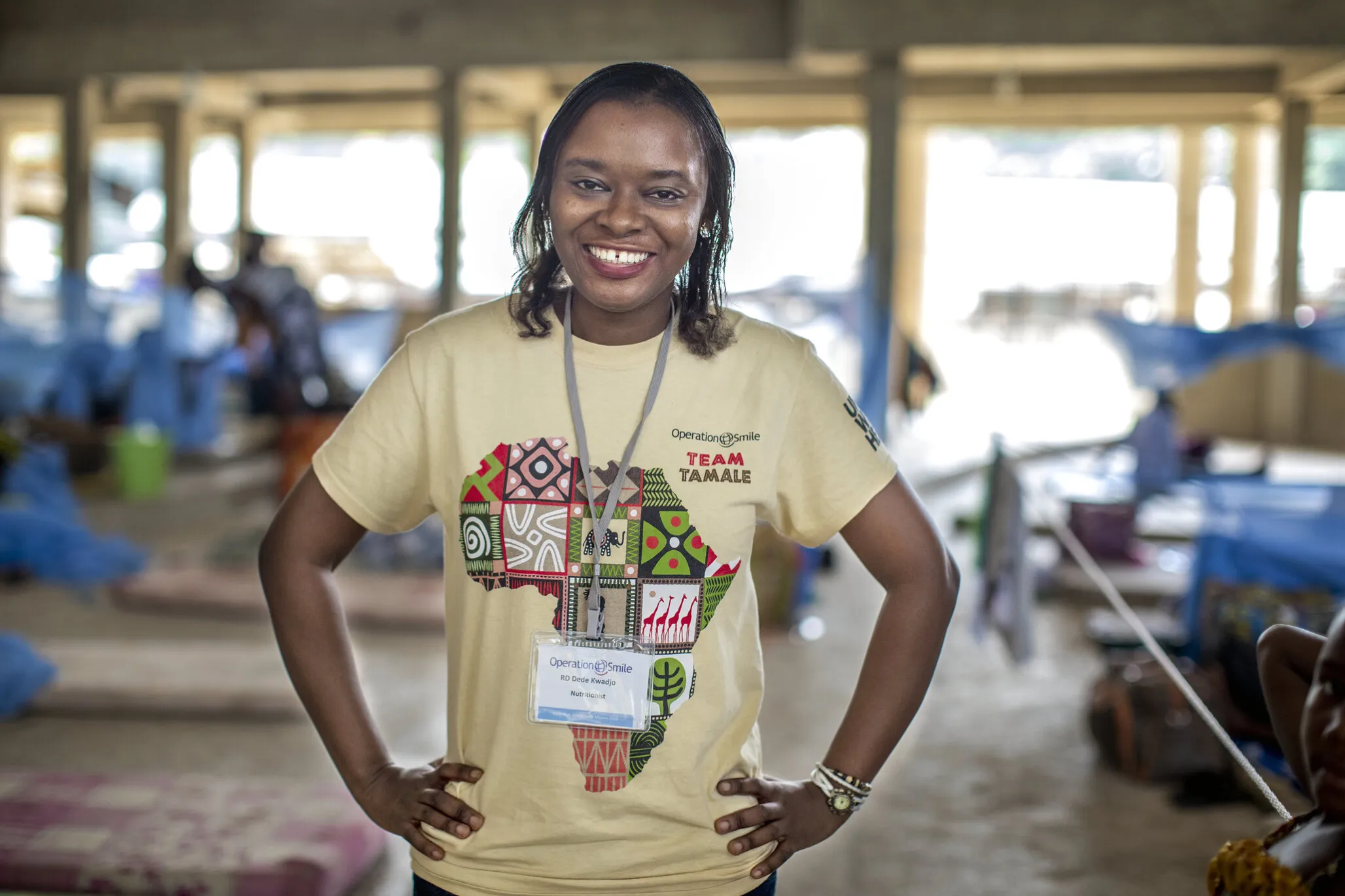
Due to the rate of Ghanaian children experiencing growth delays and being moderately to severely undernourished standing at a staggering 19 percent, improving access to nutrition and educating families is crucial.
With an increased risk and probability of complications during surgery, many hopeful families who arrive with their children to Operation Smile medical programs leave disappointed and upset after medical volunteers deemed their baby too unhealthy to receive surgical care.
And in Ghana, a country known for having widespread and deeply rooted social stigma surrounding cleft, many children endure lives filled with pain, living in a world of isolation and being fearful of harassment from peers, members of their communities and, sometimes, even their own families.
This is what Cynthia hoped to protect Jocelyn from when she made the choice to help her future adoptive daughter.
She never expected that her decision to pause at a bus stop and speak with the father of a child living with an unrepaired cleft lip would save a life let alone take her on a journey toward motherhood.
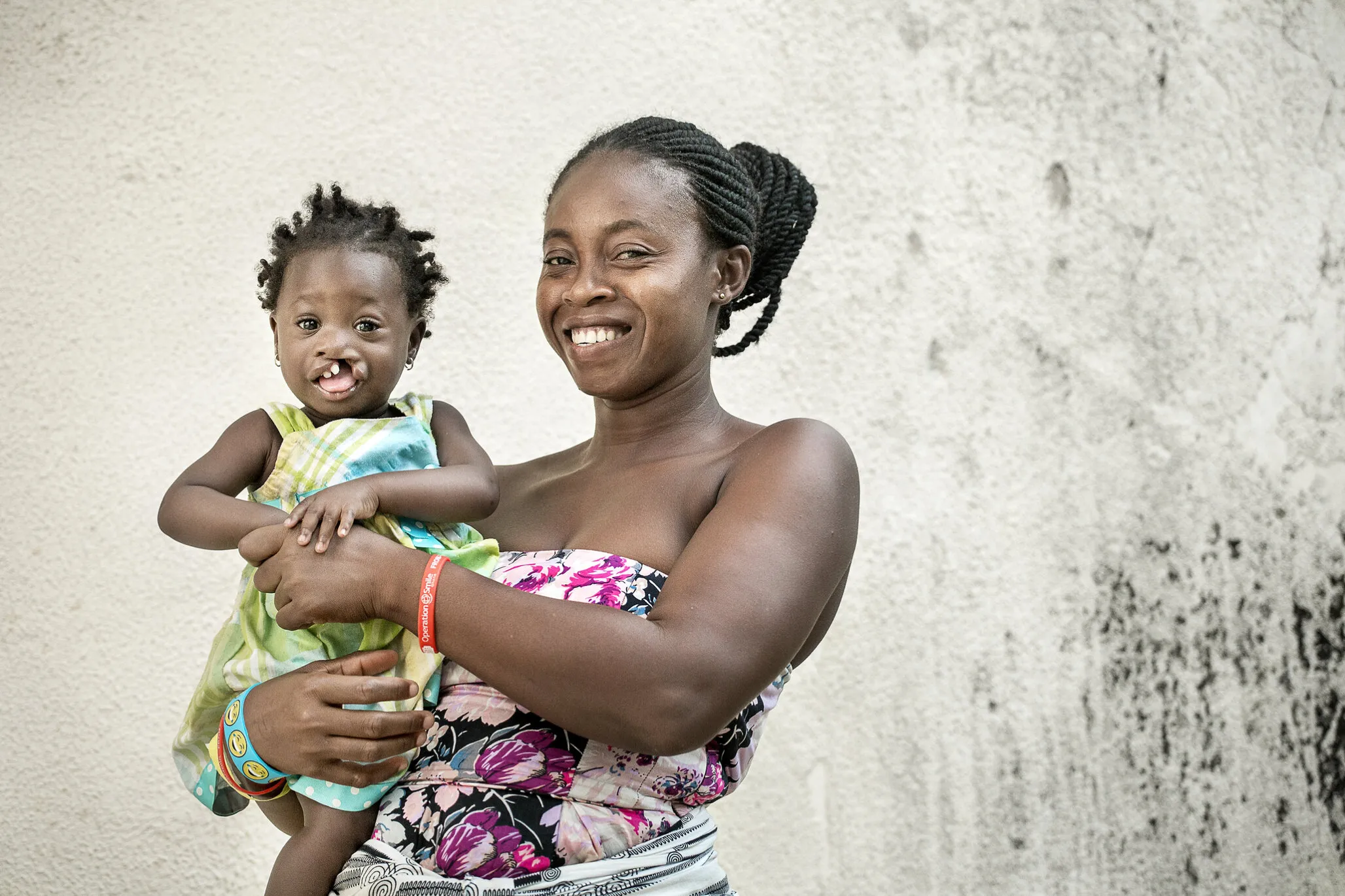
Hoping to help him find a solution for his 2-year-old daughter, Jocelyn, Cynthia told the father about Operation Smile Ghana and the surgical care it provides at no cost to families.
Cynthia soon learned that Jocelyn’s mother had abandoned the family, leaving Jocelyn in the care of her dad. Over time, she also began to notice that he didn’t seem to make his daughter’s needs a priority, and Cynthia became more troubled and suspicious.
To make sure that he followed through for the care of his daughter, Cynthia traveled with the family to the 2017 local medical program in Koforidua. But after performing a comprehensive health evaluation, medical volunteers determined that it wasn’t safe for Jocelyn to receive surgery: She was too underweight and showed signs of malnutrition.
“With nutrition, I always say, ‘If someone isn’t well nourished, a lot of things don’t go well,’” Dede said. “Making sure that someone is nutritionally adequate is a basis for good living.”
After Jocelyn was admitted for a five-day stay in the pediatric ward during the program, Cynthia refused to leave her side.
Cynthia was thrilled to learn that Jocelyn had been enrolled into Operation Smile Ghana’s nutrition program. But her excitement was short lived once she was told that Jocelyn had missed the first – and second – month of the program.
Repeatedly, the Operation Smile Ghana team called Jocelyn’s home, using every resource they had to reach the family and make sure Jocelyn received the care she desperately needed.
Cynthia knew the kind of life Jocelyn could have if she received surgery. But she also suspected what her future held if her health didn’t improve and she wasn’t cleared for surgery.
Following numerous failed attempts at trying to convince Jocelyn’s father to bring her to the site of nutrition program, Cynthia’s initial worries and fears about Jocelyn’s health and well-being were realized, and it became clear that she needed to step in.
Assured that Jocelyn wouldn’t go back into the care of her birth mother, the father agreed that Cynthia could have sole custody and become the person in charge of taking over Jocelyn’s care.
It was only after Cynthia offered to become Jocelyn’s primary guardian that her journey back to health – and to receiving free surgery on her cleft lip – truly began.
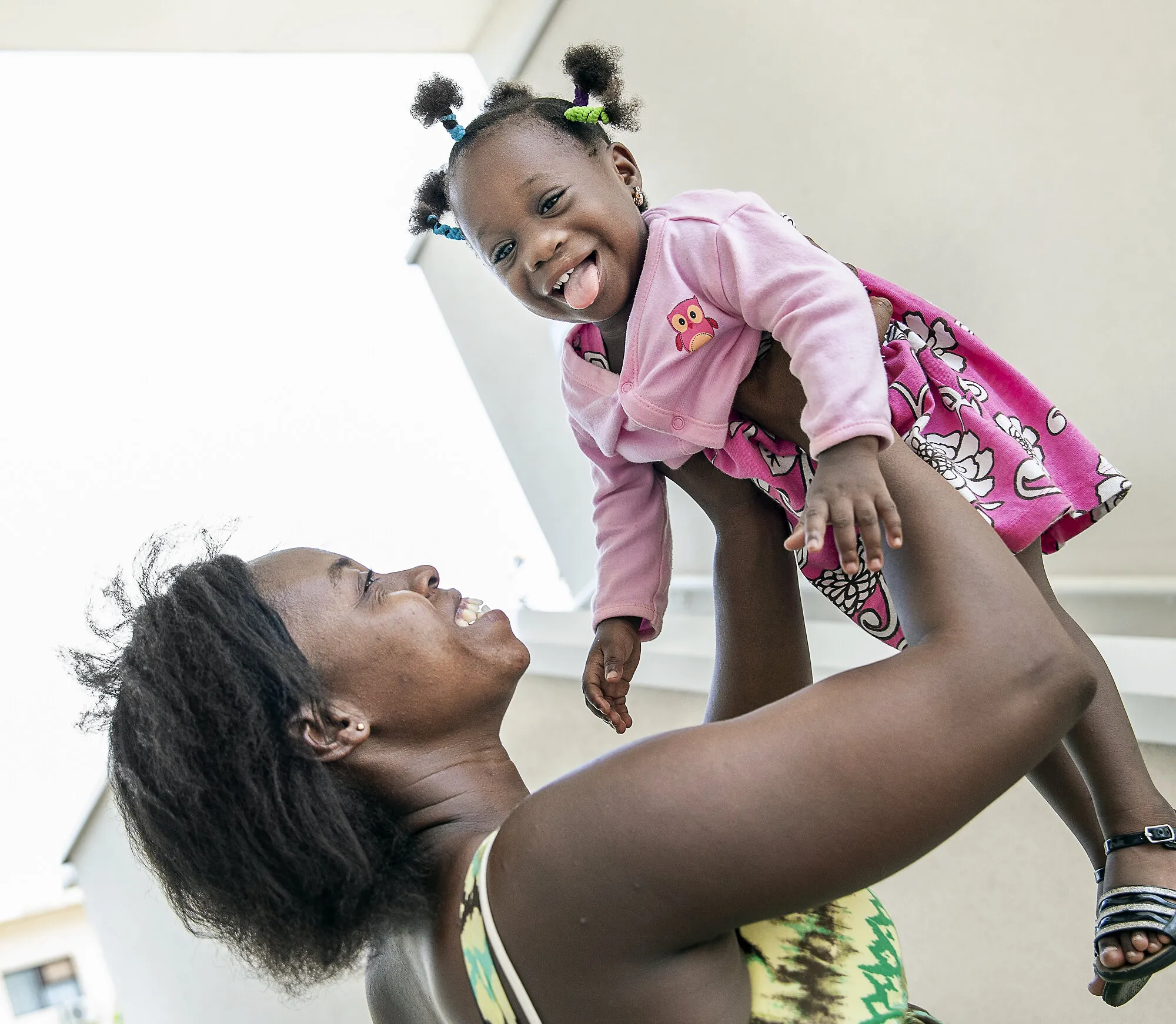
To help the overwhelming number of children suffering in the country, Operation Smile Ghana’s nutrition program is conducted year-round in five regions across the country. The program offers ongoing educational support and monthly intervention assessments to track patients’ development.
Ready-to-use therapeutic food (RUTF), a nutritive peanut paste; formula, and cereal mixes are given to patients whose nutritional deficiencies prevented them from passing their comprehensive health evaluation. Since 2015, Operation Smile has provided RUTF to malnourished patients living in the country. And today, during the COVID-19 pandemic, this support is critically needed. While surgeries are postponed, our team in Ghana is distributing RUTF to patients who need it so they can continue growing strong and healthy.
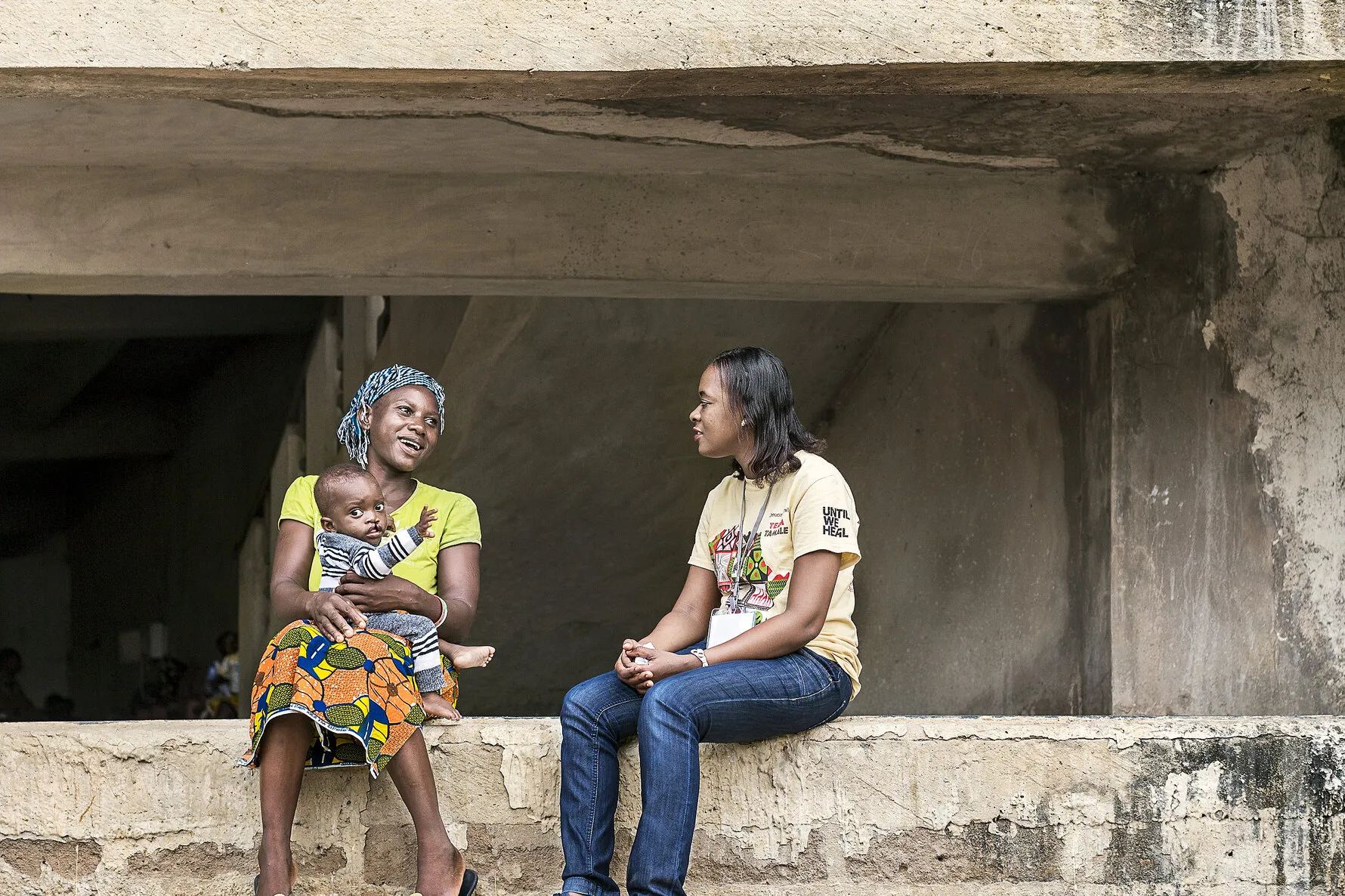
For Dede, the individual education and empowerment consultations she offers to families are just as important as the care she delivers to the children.
“We train our mothers to use what they have to create nutritious food for their children. We ask what they have available: fish, beans, banana. Then, we work with them to create a practical solution, teaching them how to help their child,” Dede said.
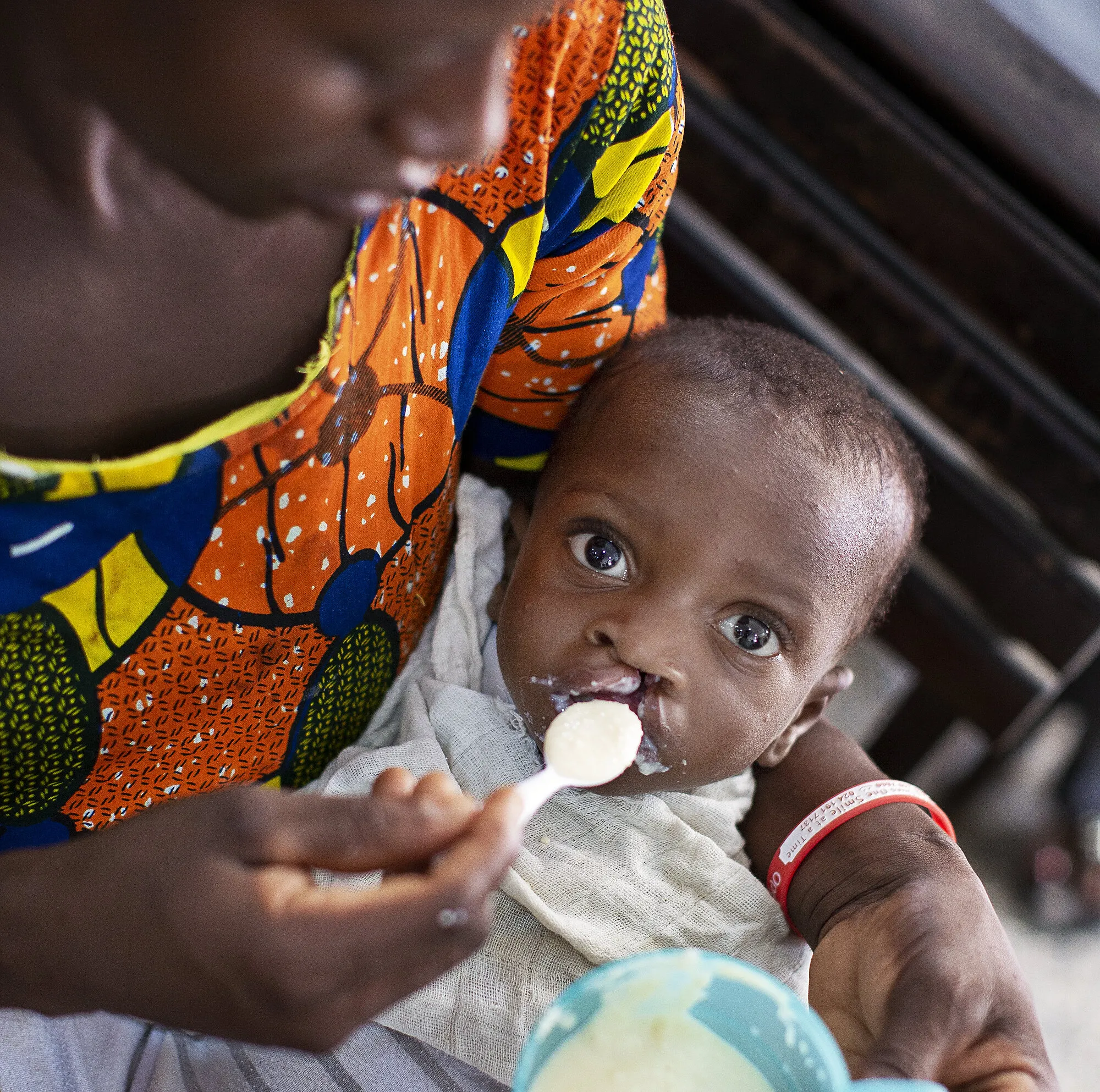
Another one of Dede’s patients is Moses.
At the same 2017 local program conducted by all Ghanaian volunteers, the 9-month-old arrived in dire need of nutritional intervention.
For Aba, Moses’ mother, the personalized counseling and support she received from Dede throughout the nutrition program constantly motivated her to never give up.
Despite her son’s recurring respiratory infections and low weight, Aba remained committed to the program and became more hopeful as she began to see positive changes in Moses’ health. It was her perseverance and empowerment from Dede that led to Moses passing his comprehensive health evaluation and receiving cleft lip surgery.
While malnutrition continues to prevent babies and children from undergoing surgery at the ideal time, support from mothers like Aba, education from volunteers like Dede and unrelenting commitment from loving people like Cynthia are forces that can change the course of a child’s future.
“If you can empower somebody with right choices to prevent the person lacking something as basic as getting the right food and the right proportion at the right time, that will go a long way actually help the person to have a better quality of life,” Dede said. “I’m so passionate about it.”
